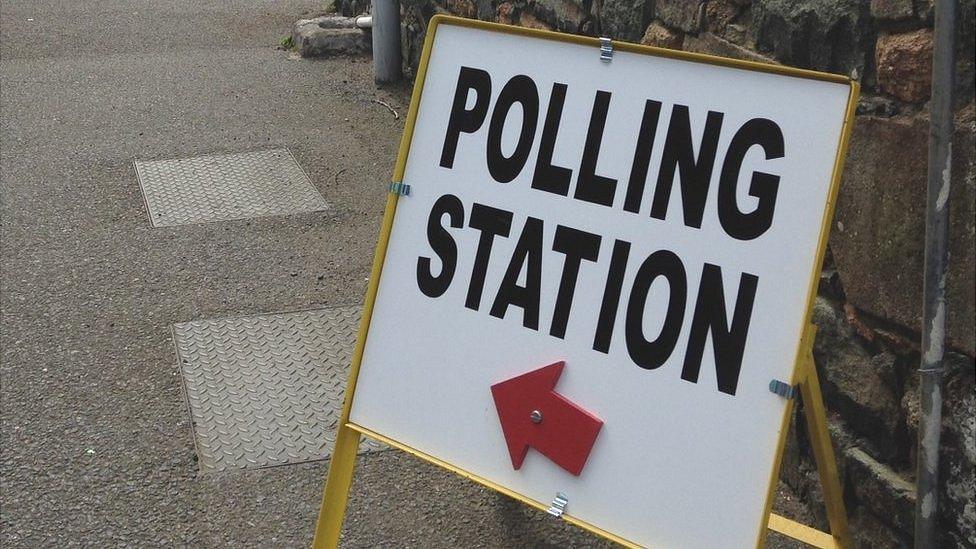Coronavirus: Guernsey moves to tiered isolation system
- Published
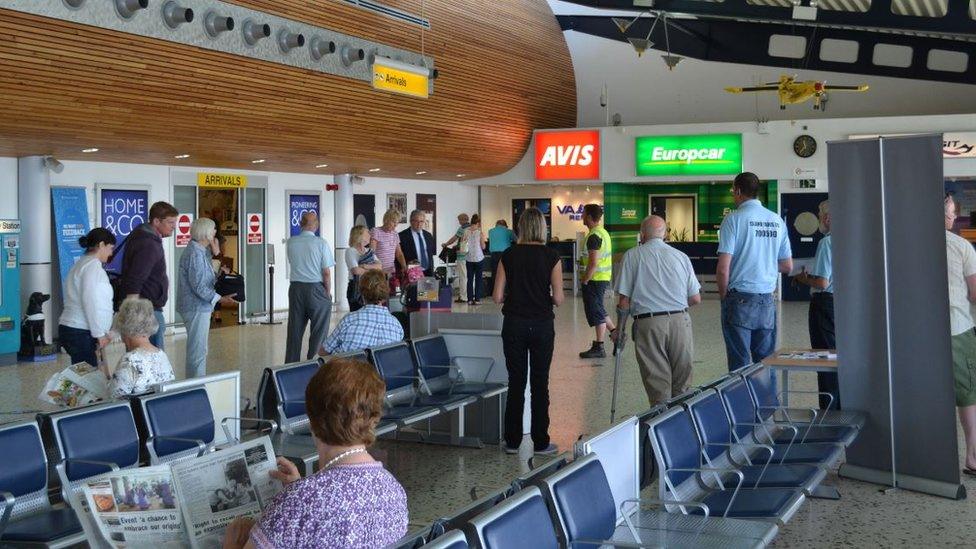
Passengers from some countries can opt for a test on day seven of their arrival, but must self-isolate until then
Guernsey is introducing a tiered system to decide how long visitors need to isolate for when they arrive in the island from different countries.
Countries will be graded as A, B or C, depending on the number of Covid-19 cases they have, and therefore the risk of spreading the virus through tourism.
Visitors from A countries will isolate for 14 days on arrival and those from B countries for seven days.
There is no isolation for C countries - currently only the Isle of Man.

The Isle of Man is currently the only group C location, from which visitors don't need to isolate in Guernsey
Guernsey has not had any new cases of coronavirus for more than three months, with any incoming visitors currently having to isolate for 14 days.
This will change from 17 August, with those coming from B countries able to isolate for seven days before taking a test.
If that test returns with a negative result, the visitor will be able to start "passive surveillance".
This means they no longer need to isolate but should keep a record of the people they've met and where they've gone, and can not visit care homes or the hospital, unless in an emergency.
'Keeping things simple'
All countries are assumed to be group A countries, unless specified as B or C.
Group B currently includes England, Wales Scotland, Ireland, Italy, France and Australia, as well as many others, external.
"Initially, we are keeping things simple and determining the categories country by country," said Director of Public Health, Dr Nicola Brink.
"However, we will be looking at if we can implement regional classifications of a country in the future.
"We're continuing to review whether this is effective and workable, and we may move to regional categories in some cases, in the coming weeks," she added.
- Published5 August 2020

- Published5 August 2020
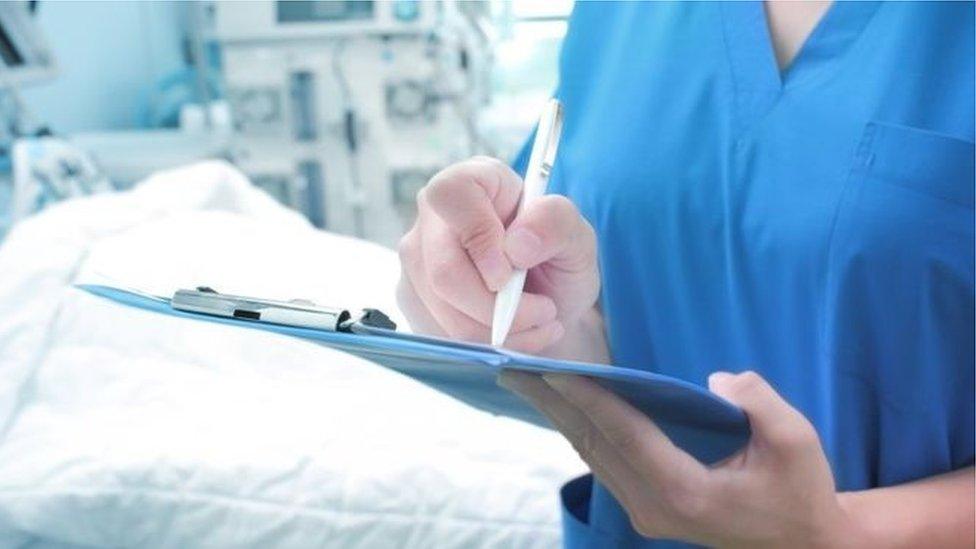
- Published31 July 2020
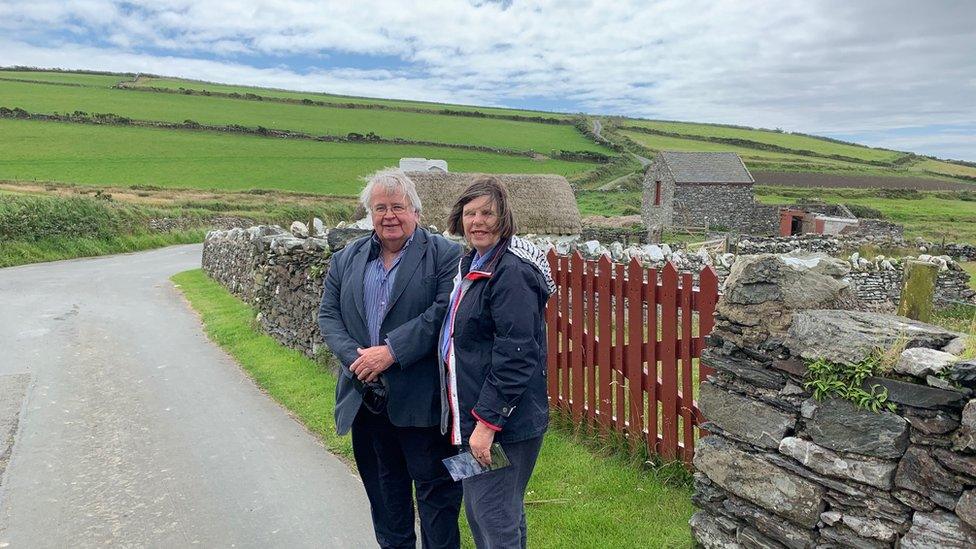
- Published2 July 2020
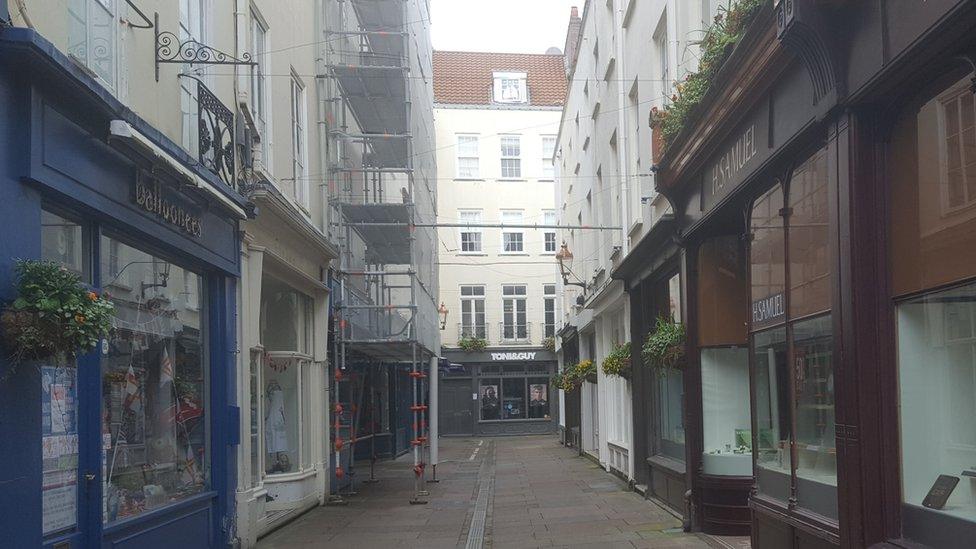
- Published1 July 2020
